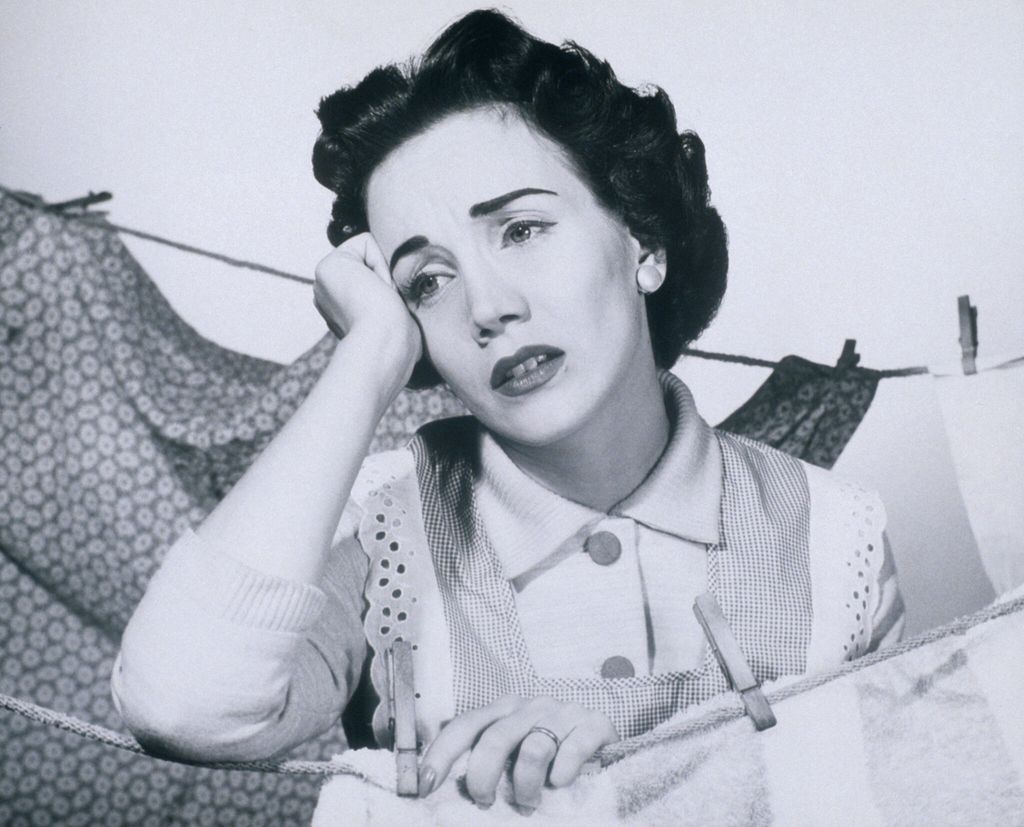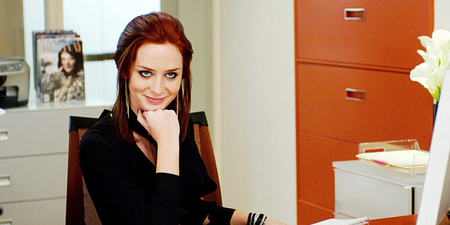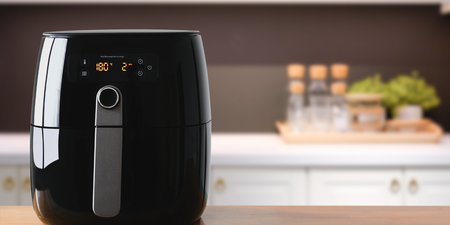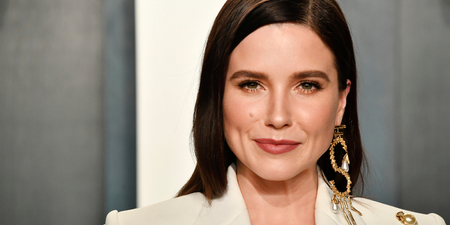Have you seen those wives on social media making bread from scratch?
Maybe they’re just creating their version of a food we’re used to buying ready-made in the shop.
There’s absolutely nothing wrong with home cooking, being a housewife, or anything of the sort however this isn’t that.
A new phenomenon has arisen on social media followed by hashtags like #tradwife racking up millions of views on TikTok but what is a trad wife and why is everyone talking about them?
What is a tradwife?
A tradwife, which is short for traditional wife, on the surface seems like a woman who has rejected the hustle and bustle of the world of capitalism in favour of more old-fashioned values.
“But the home and the family and the body of the woman herself has never really been a place to escape from capitalism,” says Rachel O’Dwyer, a lecturer in Digital Cultures at Dublin’s DCAD who spoke on the topic at this year’s Transmediale festival in Berlin.
“It was always ground zero, the place where the good feelings for the good life and capitalism were shored up and set afloat.”
At first glance, it can be hard to tell what the difference is between a tradwife and a stay-at-home mom.
Estee Williams, a TikTok influencer who describes herself as a tradwife defines the term in much the same way in a video pinned to the top of her TikTok feed.
“A tradwife is a woman who chooses to live a more traditional life with ultra-traditional gender roles,” she says. “So the man goes outside the house, works, provides for the family. The woman stays home and she’s the homemaker.”
One of the core beliefs of a tradwife, Estee continues, is the belief “that [women] should submit to their husbands and service their husbands and family.”
She like many tradwives, emphasises in her content that this lifestyle is a choice, no one has forced them into this position.
It is important to note that many of these people are Mormon and attribute their beliefs to their Christian faith, though not all are religious.
Why is there such a big conversation about them?

One of the main things you’ll find if you dive into the debate around this online phenomenon is this question: does embracing traditional gender roles signify empowerment or regression for women?
Go into comment sections on these videos and you’ll see people claiming it empowers women to embrace traditional values, while others will say that it just reinforces outdated gender stereotypes and undermines women’s autonomy.
One of the other arguments of the tradwives out there is that women are “meant” to be homemakers and mothers.
An article by the conservative women’s magazine Evie states that women are the “heart” of the household and men are the “head,” and that women are “emotional” and can multitask, thus being better suited for housework.
The reality is, that maternal instinct isn’t a real concept.
This centuries-old idea reemerged after World War II when the “nuclear family” was the ideal, but there’s no scientific evidence to prove it.
What studies do show is that it’s the amount of time spent bonding and caretaking for a child, not the gender of the parent, that determines how your bond turns out.
There is a societal expectation that women should want to be mothers and take care of the house.
Indeed, some men perpetuate this myth and weaponize incompetence to get out of housework they could easily do themselves.
What started as a reminder to embrace femininity and feminine vulnerability is now being misrepresented and twisted to teach young children about the heteronormative ideals that they really don’t have to comply with.
READ MORE:
- Warnings issued over the ‘no cut facelift’ as women are left scarred
- What is an effort imbalanced friendship and how to repair it
- ‘It feels embarrassing’ – The reality of living in your childhood home in Ireland
- How often should we be cleaning our hairbrushes













































